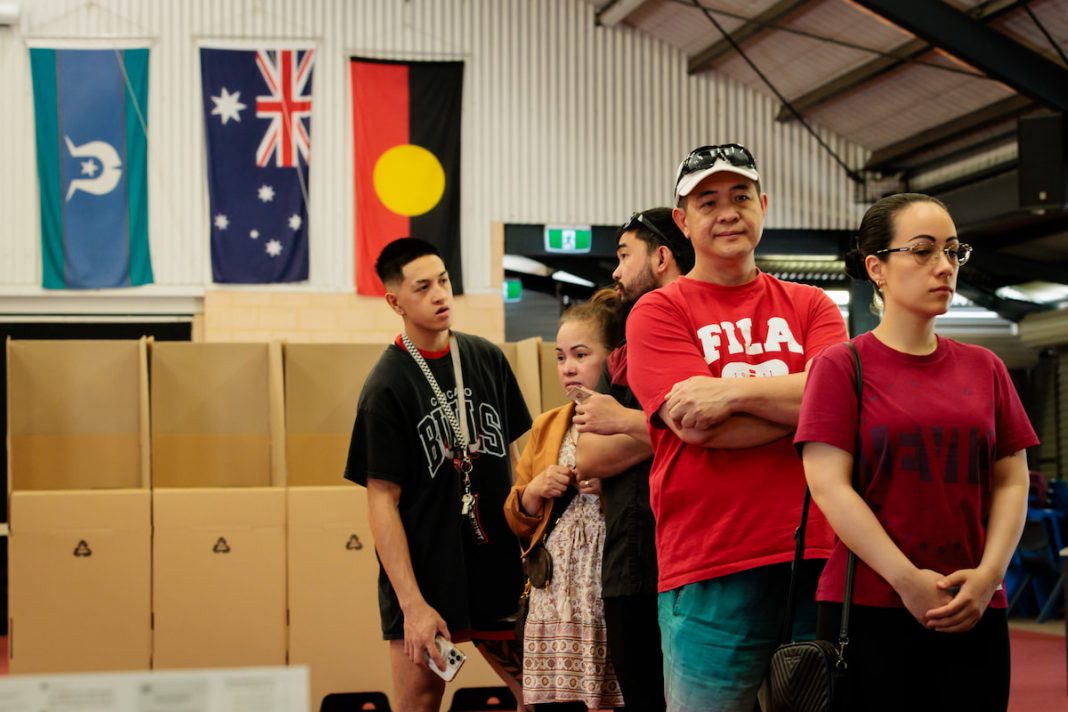Millions of Australians voted in the first referendum of their lives on the weekend, but for many it may also have been their last.
The push to enshrine an Indigenous voice advisory body into the constitution was met with a resounding ‘no’ from the Australian public on Saturday.
To receive that response after such a tough campaign shows there is almost no point running future referendums, constitutional law expert Anne Twomey said.
“It’s hard to say that anyone would want to run a referendum when it’s contentious,” she told AAP.
“It’s a waste of money and it’s a waste of political capital because you’re not going to win.”
Over the past 122 years, Australia has made 45 attempts at constitutional amendment, only eight of which have passed.
Every successful referendum had bipartisan support.
The most resounding referendum in 1967 had essentially no opposing campaign after opposition leader Gough Whitlam threw his support behind the inclusion and recognition of Indigenous Australians in the census.
But the evolution of modern politics has made this all but impossible.
“We’ve got all that division and anger we’ve imported from the United States and other places where everything is politically opposed and people will take positions regardless of what they believe,” Professor Twomey said.
For non-government parties, there will always be a political advantage in opposing a government’s proposal, she said.
“If opposition parties are prepared to take that advantage and consider it more important than the long-term wellbeing of the country, then that’s where we’re at.”
Independent Zali Steggall accused Opposition Leader Peter Dutton of “hijacking the political opportunity”.
“The minute the opposition decided to make it political – to name the proposal from the Uluru dialogues as being Albo’s voice – was the moment in which this became a political attack,” she told reporters on Monday.
Saturday’s referendum was the also country’s first since the advent of social media.
While the internet provided voters access to more reputable sources like universities, lawyers and official organisations, it also put them in direct contact with misinformed and conflicting information.
“If you’re getting so much information thrown at you, sometimes people will just give up and say, ‘I just don’t know. ‘ And therefore they vote no,” Prof Twomey said.
“The consequences of that will be that there’s no point in running referendums in the future.”
With Saturday’s failed result, the amount of time between the last successful referendum has continued to grow, leading historian Australian National University Professor Frank Bongiorno to question the relevance of the amendment process.
“We’re getting towards more than 50 years since the (successful) 1977 referendum,” he told AAP.
“Many people will conclude that it’s actually no longer possible to amend the constitution.”
This could foment doubt about the credibility of the constitution and its ability to adapt to the needs and values of the present.
“They’re going to see it as somehow remote from the conditions of modern Australia because it sits there, set in concrete as a relic of the past,” Prof Bongiorno said.
By Kat Wong in Canberra



